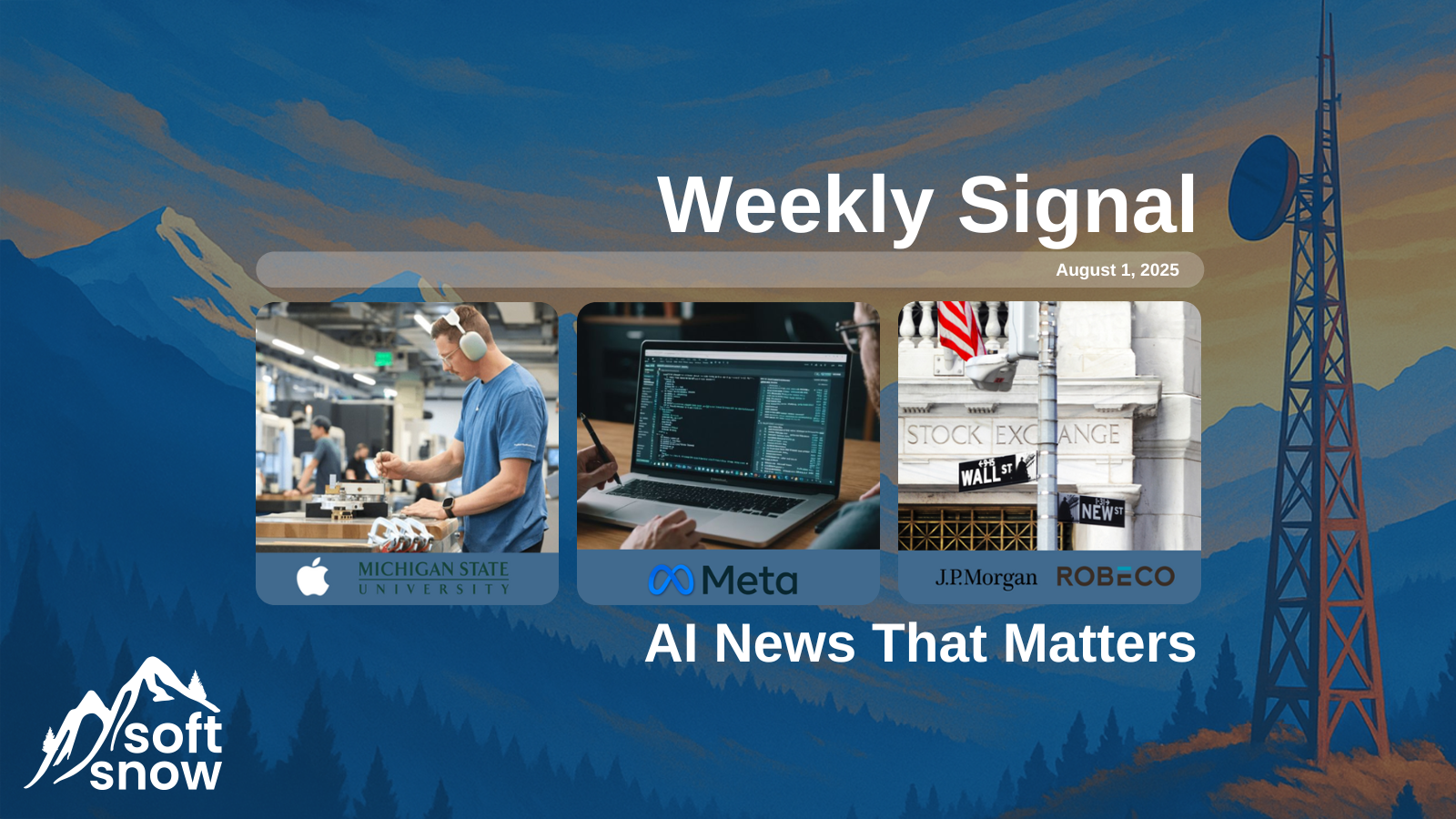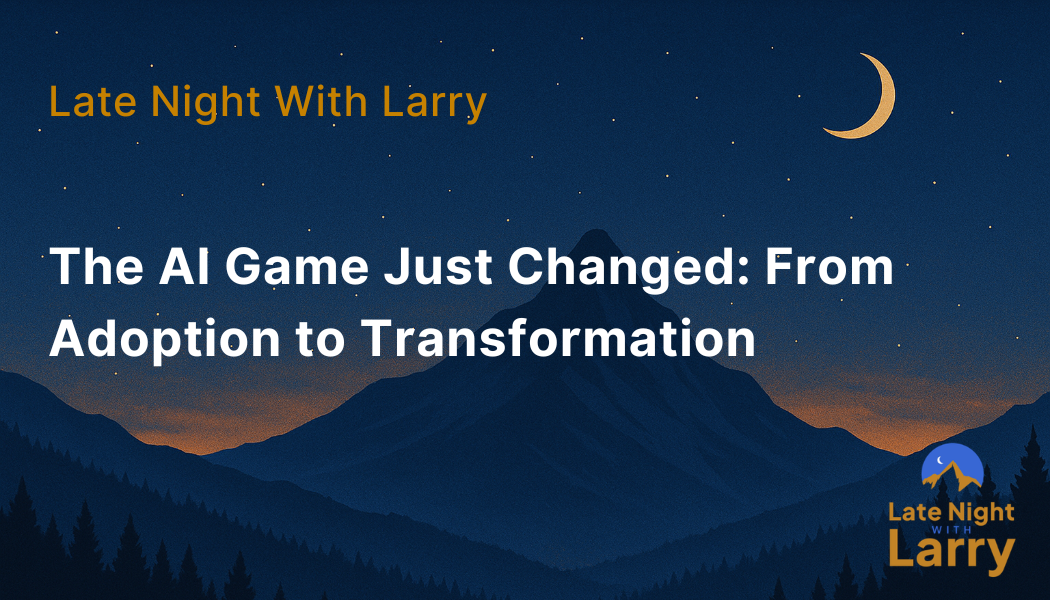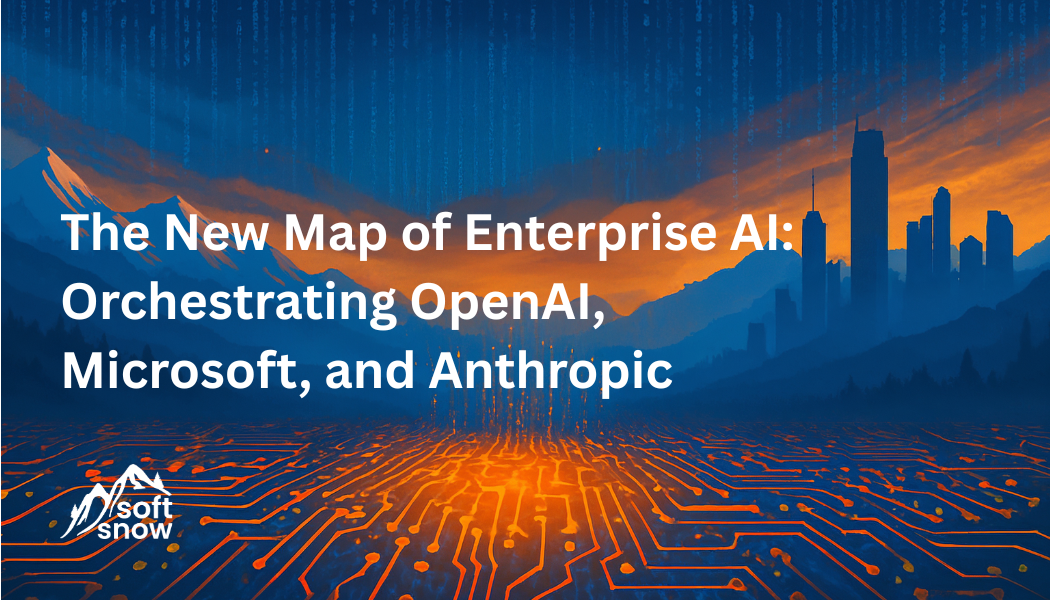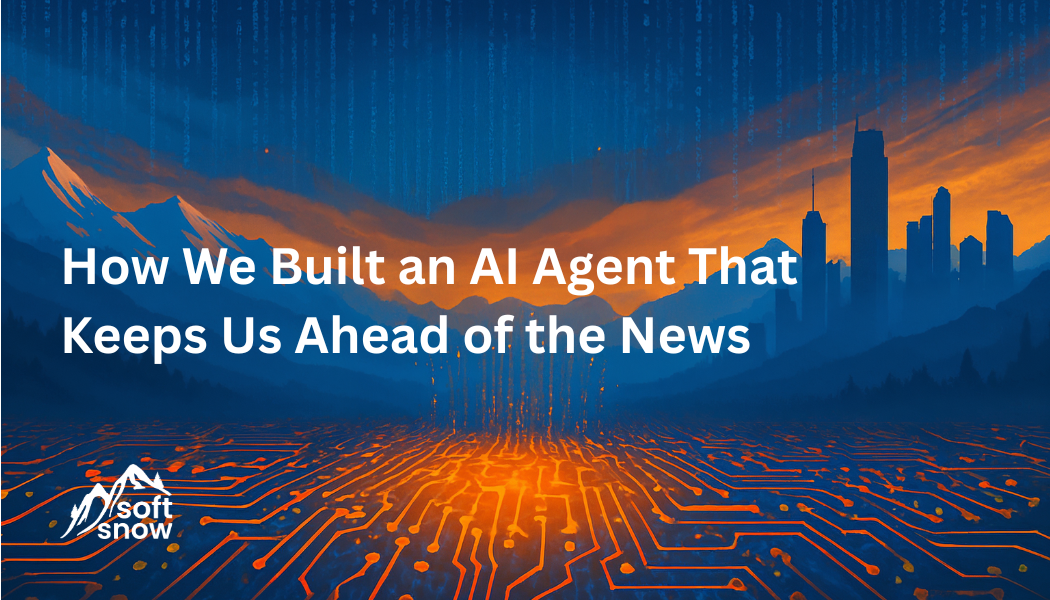
This week’s developments focus on making sophisticated AI capabilities more accessible, efficient, and immediately valuable for users across the spectrum.
________________________
Apple Launches Manufacturing Academy in Detroit
Apple is establishing the Apple Manufacturing Academy in downtown Detroit, opening this August under Michigan State University's administration. The academy will train the next generation of U.S. manufacturers through workshops on manufacturing and AI for small and medium businesses, with Apple engineers participating directly.
This initiative showcases Apple's commitment to U.S. investment amid President Trump's calls for increased domestic manufacturing. It builds on Apple's February pledge to invest over $500 billion in the U.S. over five years, including AI server assembly in Houston and chip purchases from Arizona's TSMC factory.
The Detroit academy mirrors Apple's global developer academies that focus on software development and strengthen government relationships. Beyond in-person training, the program will offer consulting services and virtual courses later this year.
SoftSnow Take:
By bringing AI training directly to small and medium manufacturers, Apple is addressing a critical need in American industry—making advanced technology accessible and practical without dedicated AI departments.
What's particularly promising is the academy's hands-on approach. Rather than simply promoting AI in theory, Apple is creating a space where businesses can learn implementation strategies with guidance from experts. This aligns perfectly with our belief that AI should enhance human potential, not replace it.
The academy also demonstrates how established companies can drive innovation while strengthening local economies. At SoftSnow, we see this as a model for how AI adoption should work: strategic, human-centered, and focused on real-world applications that deliver immediate value while building capabilities for tomorrow.
________________________
Meta Pioneers AI-Assisted Coding Interviews
Meta is integrating AI assistants into its coding interview process, with plans to allow candidates to use these tools during assessments. The company is recruiting employee volunteers for "mock AI-enabled interviews" to refine this approach, aligning with Mark Zuckerberg's vision where human engineers primarily manage "AI coding agents."
Zuckerberg predicts that within 12-18 months, AI will write most of Meta's AI-related code, freeing human engineers for more creative work. While many tech companies encourage AI use in daily engineering tasks, Meta's interview integration represents a bolder step that's sparking industry debate.
This approach contrasts with companies like Anthropic, which prohibit AI during interviews. Critics worry future engineers might excel at prompting AI without truly understanding the code it generates. Meta views this evolution as natural, noting that testing AI tools for applicants logically extends their focus on AI-assisted engineering.
SoftSnow Take:
The industry debate around this change highlights a critical inflection point we often discuss with clients: AI adoption requires rethinking established processes, not just automating them. The most successful organizations will be those that adapt their practices to embrace this new partnership between human creativity and AI capability.
Meta's approach illustrates how rethinking processes today creates foundations for tomorrow's growth, a principle we apply when helping clients build AI frameworks that evolve with their business needs and capabilities over time.
When integrating AI into your workflows, consider how it might change not just how work gets done, but how you evaluate success and talent. The organizations seeing the greatest AI benefits are those willing to thoughtfully reconsider established practices.
________________________
AI Takes Hold on Wall Street with Rollouts at JPMorgan and Robeco
Wall Street's adoption of generative AI has moved beyond mere exploration, becoming deeply integrated into core investment operations. This quiet, yet widespread rollout is fundamentally changing how strategies are built and money is managed. Firms like JPMorgan Asset Management and Robeco are leading the charge by leveraging large language models (LLMs) to enhance decision-making and uncover new investment opportunities.
JPMorgan’s "Spectrum" platform exemplifies AI as a decision-enhancing tool. The system flags optimal holding periods and identifies forecast inconsistencies, giving portfolio managers deeper insights for more confident decisions.
Robeco demonstrates another powerful approach, using AI to analyze diverse data sources and identify emerging investment themes ahead of the market. This has yielded both AI-generated trading signals and innovative products like their "Dynamic Theme Machine" exchange-traded fund, which tracks investment themes identified by AI analysis.
SoftSnow Take:
JPMorgan's Spectrum platform exemplifies our "human-first, not AI-first" philosophy, using technology to amplify portfolio managers' expertise with targeted insights they might otherwise miss. This approach is particularly relevant for business leaders who recognize AI's importance but lack clarity on implementation, showing how AI can enhance existing expertise rather than requiring a complete operational overhaul.
The financial sector's evolution mirrors what we're seeing across industries: organizations that integrate AI thoughtfully are gaining significant competitive advantages. The key, as these examples show, is implementing AI that fits seamlessly into existing workflows while opening new possibilities—exactly the balance we help our clients achieve.
Start your AI journey by identifying specific decision points where better information would create immediate value. Like these financial firms, focus first on augmenting your team's capabilities in areas where they already have expertise but could benefit from deeper insights or pattern recognition.
________________________
These rapid developments demonstrate both the urgency and opportunity of this moment. The good news? Meaningful AI implementation doesn't require enterprise-scale resources or massive infrastructure investments.
The most successful AI transformations aren't about chasing every new capability; they're about identifying where technology can solve real business problems and empower your existing teams. Whether you're building infrastructure, creating new user experiences, or seeking competitive advantages, the key is approaching AI with purpose and practicality.
At SoftSnow, we understand that successful AI adoption isn't just about acquiring technology: it's about thoughtful integration that enhances human potential rather than replacing it, allowing teams to work smarter and achieve more while staying true to core business objectives. Contact us today to learn more.





